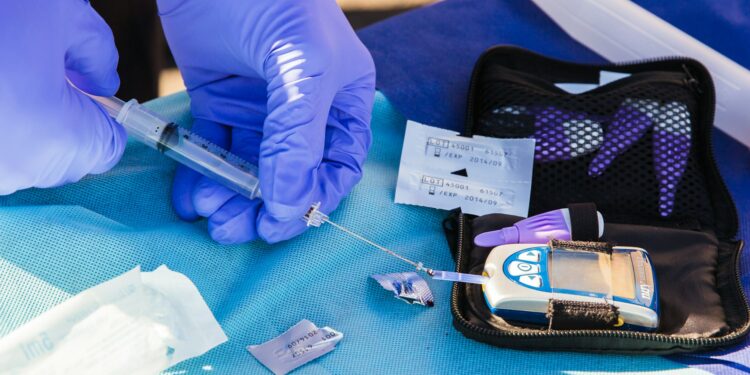Animal Kidney Transplant In Woman Ends In Removal
Lisa Pisano, who became only the second person to receive a kidney from a genetically modified pig, has had the transplant removed due to complications related to a heart pump she relies on, her doctors revealed. Despite the organ not being rejected by her body, the 54-year-old remains hospitalized and has returned to kidney dialysis following the removal of the transplanted kidney. Dr. Robert Montgomery, director of the NYU Langone Transplant Institute, expressed hope for Pisano’s recovery, highlighting her pioneering role in advancing transplant research and describing her as a hero in the quest to provide sustainable options for organ transplantation.
Pisano’s journey began with a dire medical prognosis, facing both heart failure and end-stage kidney disease, and being deemed ineligible for traditional organ transplants due to chronic medical conditions. However, a groundbreaking procedure combining a mechanical heart pump and a gene-edited pig kidney offered her a new lease on life. The surgery, which marked the first time these two distinct technologies were used together in a single patient, represented a significant milestone in transplant medicine.
The procedure involved implanting a heart pump into Pisano, followed by the transplantation of the gene-edited pig kidney and the pig’s thymus gland to help prevent rejection. Without the heart pump, Pisano’s life expectancy would have been severely limited, but her eligibility for the pump was contingent on the success of the kidney transplant, presenting a unique medical challenge.
Pisano’s case underscores the urgent need for innovative solutions to address the organ shortage crisis. With thousands of patients awaiting transplants and a limited supply of donor organs, alternative approaches like xenotransplantation—using organs from genetically modified pigs—offer promise in expanding the pool of available organs. Dr. Montgomery emphasized the potential of this approach, highlighting the simplicity and scalability of using pigs with a single genetic modification as a sustainable solution to meet the growing demand for life-saving transplants.

































Discussion about this post